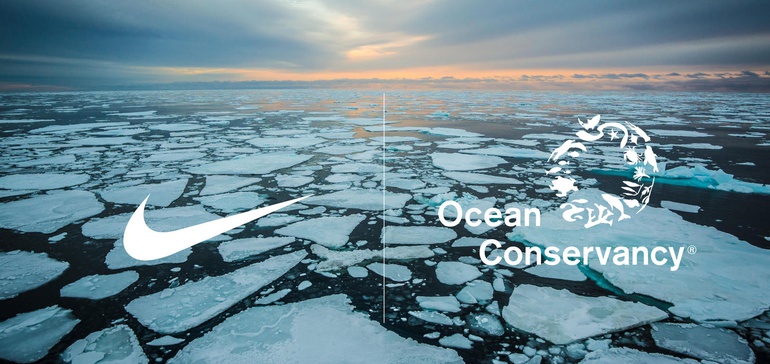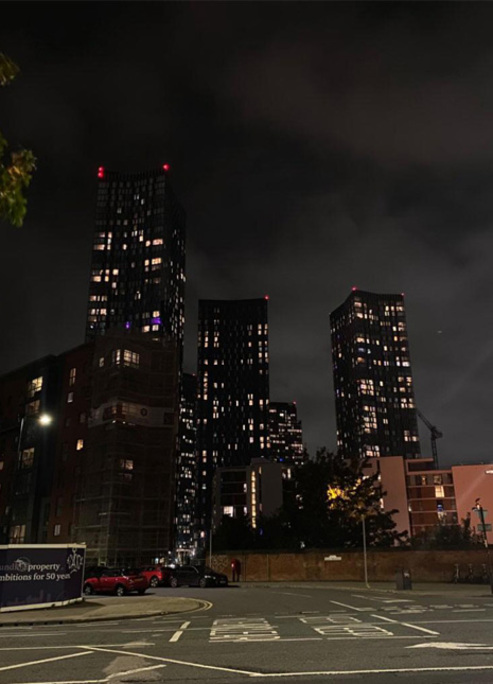
Nike And Ocean Conservancy Have Switched Tracks And Pledged To Saving The Arctic Ocean
This is the kind of ice we need to start worrying about .
Another victory, in the theme of brands switching to more sustainable forms of commerce, Nike seems to be the latest addition.
Nike has teamed up with the Ocean Conservancy to launch the Arctic Shipping Corporate Pledge, inviting businesses and industry to join in a commitment against shipping through the Arctic Ocean.
Ships are responsible for more than 18 percent of some air pollutants. It also includes greenhouse gas emissions. The International Maritime Organization (IMO) estimates that carbon dioxide emissions from shipping were equal to 2.2% of the global human-made emissions in 2012 and expects them to rise 50 to 250 percent by 2050 if no action is taken.
The climate crisis is taking place in front of our eyes and with that, the ice in the arctic circle has been rapidly diminishing. To prevent potential cargo routes that might pop up due to decreased travel time, which would increase vessel traffic, Nike has taken a pledge.
The Arctic Shipping Corporate Pledge invites companies to commit to not intentionally send ships through this fragile Arctic ecosystem. Today's signatories include companies Bestseller, Columbia, Gap Inc., H&M Group, Kering, Li & Fung, PVH Corp., and ocean carriers CMA CGM, Evergreen, Hapag-Lloyd and Mediterranean Shipping Company.
"The dangers of trans-Arctic shipping routes outweigh all perceived benefits and we cannot ignore the impacts of greenhouse gas emissions from shipping on our ocean," says Janis Searles Jones, CEO of Ocean Conservancy. "Ocean Conservancy applauds Nike for recognizing the real bottom line here is a shared responsibility for the health of the Arctic—and believes the announcement will spur much-needed action to prevent risky Arctic shipping and hopes additional commitments to reduce emissions from global shipping will emerge."
With the temperature in the artic growing at twice the rate than the rest of the planet, it is important to preserve this very fragile yet important eco-system.











